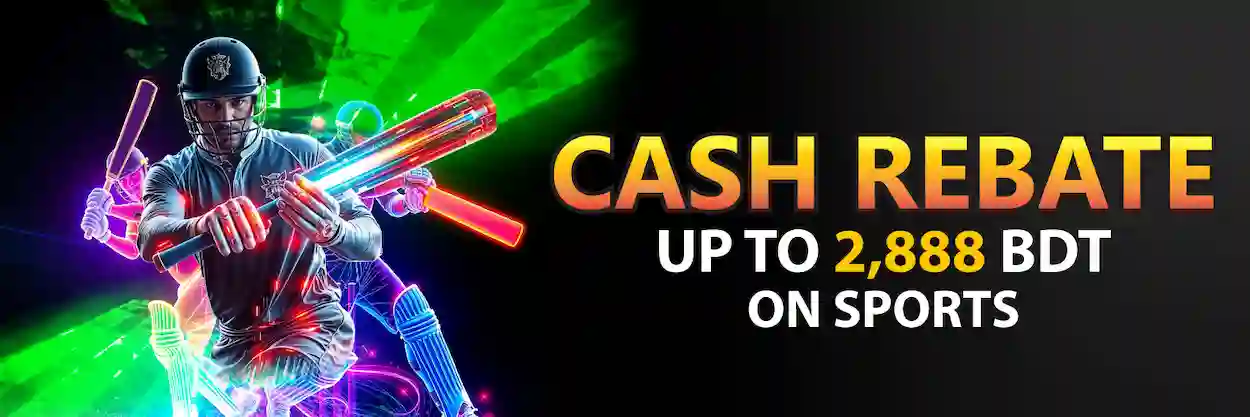According to Crickex Sign Up, the Washington Wizards once again missed the top eight last season, a result that has become more routine than surprising. In fact, over the past six seasons, the Wizards have only made the playoffs once—and even then, it was a quiet first-round exit. The earlier Wall and Beal-led era had already reached its ceiling, especially after John Wall’s repeated injuries took him out of the elite point guard conversation. The organization had long considered rebuilding, but never pulled the trigger.
The reason for the delay? Despite poor results, the Wizards were never truly terrible. They often finished with over 30 wins—a “respectable” floor that made it hard to fully commit to tanking. With the introduction of the play-in tournament, even a mediocre team had a faint hope of sneaking into the postseason. You could call it professionalism or pride, but for a team that needed to rebuild, being stuck in the middle was the worst place to be. Last summer, the front office finally faced reality and decided to stop pretending. They realized that dignity meant nothing for long-term growth, and that only by tearing down the roster could they open a new chapter.
Compared to empty gestures and emotional narratives, this cold pragmatism was exactly what Washington needed. In the offseason, they let go of Bradley Beal, and later traded big man Daniel Gafford midseason. Beal moved on to chase a ring with Durant and Booker in Phoenix, while Gafford landed with Luka Dončić in Dallas—and in just six months, made it to the NBA Finals. Meanwhile, those who stayed in Washington simply didn’t have the talent or upside to lift the team. So for the first time in years, the Wizards committed fully to tanking, finishing with just 15 wins—the worst season in franchise history. Ironically, new acquisition Jordan Poole only accelerated the team’s collapse.
Poole had joined the Wizards with a chip on his shoulder, eager to prove himself after leaving the Warriors. But reality hit him hard. Without Golden State’s system, Poole looked lost. On defense, his lack of physicality made him a target. On offense, his bad habits were magnified under the spotlight. He averaged just 17.4 points on 32.6% shooting from deep—both worse than his final season with the Warriors. It took a rough year for Poole to realize that not everyone is cut out to be a franchise leader.
Kyle Kuzma was the only other player of note. While Poole struggled, Kuzma embraced his green light. He posted a career-high 22.2 points and 4.2 assists per game, though his shooting percentages (46.3% FG, 33.6% 3PT) weren’t especially efficient. At 29, Kuzma is still in his prime and could help a contender, but expecting him to evolve further is unrealistic. With the Wizards entering a deep and lengthy rebuild, he likely won’t be part of their long-term plans.
The Wizards have considered trading Kuzma—rumors surfaced last season—but they’re holding out for a big package of future assets. That patience hasn’t paid off yet. While Kuzma has averaged over 20 points in back-to-back seasons, teams remember his Lakers days, when he was a role player averaging just over 12 points. Is that really worth a treasure trove of picks? For now, he remains the team’s centerpiece by default. Others, like Deni Avdija, have already moved on—traded to Portland for more opportunity. Tyus Jones signed with the Suns to play a support role alongside their stars.
Avdija and Jones are smart, fundamentally sound players—but in Washington’s torn-down system, there simply wasn’t space for them. The Wizards have added veterans like Malcolm Brogdon and Jonas Valančiūnas, but those names likely won’t stick around long. Both are more suited to playoff-caliber teams and will probably be flipped to contenders by midseason.
The team also re-signed veterans Anthony Gill and Richaun Holmes and gave Saddiq Bey a three-year, $20 million deal. Yet with a team payroll at $172 million—just above the luxury tax threshold—these contracts are flexible and could be casualties of future roster moves. Realistically, the only players Washington will truly focus on developing next season are young French prospects Bilal Coulibaly and Alex Sarr.
Sarr, the No. 2 pick in this year’s draft, is the highest selection Washington has made in 14 years. Unfortunately, the first full year of the team’s tanking effort coincided with a historically weak draft class. By all accounts, the Wizards settled for Sarr out of necessity, not excitement. His summer league debut showed promise on defense, especially as a rim protector, but on offense he looked raw and unpolished—highlighted by a painful 0-for-15 shooting performance in one game.
Coulibaly, too, has a long way to go. He played 63 games as a rookie and even started down the stretch, but at just 20 years old, he remains a long-term project. His frame and basketball IQ show potential, but he’ll need time to refine his skill set if he’s to be a core piece of the rebuild.
For the Wizards, this long road to recovery is just getting underway.



